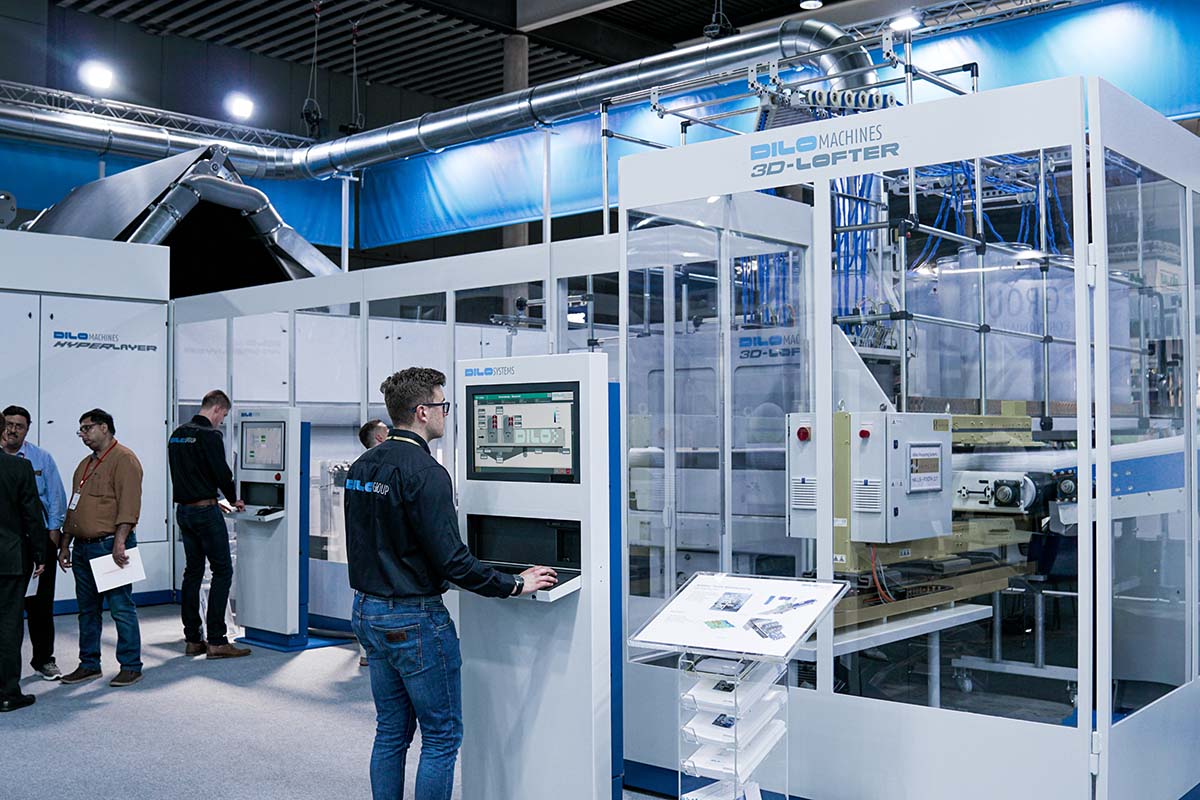Choosing Manufacturers: The Pros and Cons
There are a variety of reasons business owners might choose to outsource the manufacturing of their products. Perhaps they don’t have the time or resources to do it themselves, or maybe they lack the necessary expertise. In some cases, business owners may simply not want to deal with the hassle and expense of setting up their own manufacturing operation.
Whatever the reason, more and more businesses are turning to manufacturers to help them bring their products to market. But before you decide to work with a manufacturer, there are some things you need to know. This blog post will discuss the pros and cons of choosing a manufacturer for your products.
Save Time and Money
One of the most significant advantages of working with a manufacturer is that they can help you save time and money. When you outsource your manufacturing, you don’t have to worry about things like setting up a production line, hiring and training staff, or dealing with the day-to-day logistics of running a manufacturing operation.
This can free up your time so that you can focus on other aspects of your business. In addition, manufacturers usually have economies of scale that allow them to produce products more cheaply than businesses could if they were producing their own products.
Less Control Over Quality
Of course, there are some disadvantages to outsourcing your manufacturing as well. One potential downside is that you may have less control over the quality of your product.
When you manufacture your own products, you can control every aspect of the process and ensure that your products meet your high standards. However, when you outsource manufacturing, you have to rely on the manufacturer to produce a quality product. This can be a risk, especially if you are working with a manufacturer in another country where communication may be more difficult.
Choosing Manufacturers: Create Dependency
Another potential downside of outsourcing manufacturing is that it can create dependency. For example, if you outsourced all of your manufacturing and then something happened to your supplier (e.g., they went out of business or had a production issue), it would disrupt your business. Again, this is why it’s essential to have multiple suppliers or keep some manufacturing in-house so that you’re not entirely reliant on one company.
Only Specific Components Manufacture
It doesn’t make sense to outsource your entire manufacturing operation in some cases. For example, suppose you’re a small business that only needs a few specific components manufactured like an ultrasonic sensor. In that case, it might be more cost-effective to produce the rest of the product yourself.
However, in this case, you would need to find an ultrasonic sensor manufacturer that specializes in producing the components you need. Also, you would need to factor in the cost of shipping the components from the manufacturer to your business.
Doing a cost-benefit analysis is crucial when deciding whether or not to outsource your manufacturing. You need to consider things like time savings, economies of scale, quality control, and dependency when making your decision. But, ultimately, it’s up to you to decide what’s best for your business.




















